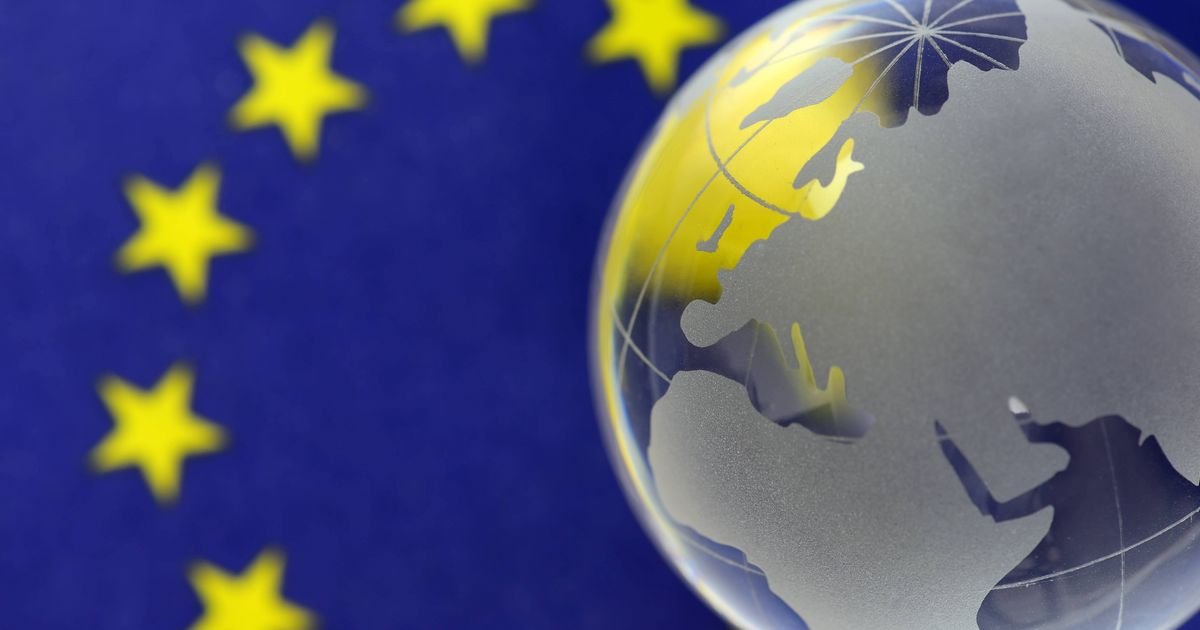The Common Foreign and Security Policy (CFSP) is one of the few remaining policy areas of the European Union (EU) that still requires unanimity. At a time when the EU increasingly faces geopolitical challenges, that requirement may be becoming obsolete. This blog post explores the possibility of shifting from unanimity to qualified majority voting (QMV) in the EU’s CFSP and its potential benefits.
The Issue with Unanimity
A research report written for the European Parliament reveals that between 2016 and 2022, member states used their veto rights at least thirty times, preventing the union from taking action or at least delaying foreign and security policy measures, including sanctions against third states. Some vetoes may have been used in an informal setting and remained invisible to researchers working with open-source data. The CFSP has been purely intergovernmental cooperation where unanimity must be used in every single foreign policy action.
The Call for Qualified Majority Voting
In the last couple of years, there have been twenty-five major calls to expand the use of QMV in CFSP issues. These demands came mostly from the European Commission and the European Parliament, but also from some member states, including Germany. EU institutions, in particular the commission and the parliament, are increasingly committed to using QMV for two main reasons.
First, EU citizens recommended the full abolition of the requirement of unanimity in all areas of EU policymaking except for future enlargement issues. Second, geopolitical challenges, including Russia’s war in Ukraine and a more assertive China, have once again shown the need for prompt EU (re)actions.
The Special CFSP Passerelle Clause
While opening and changing the treaties could be an option to change the status quo, there is a faster and easier way to activate QMV in CFSP matters. That option is the so-called special CFSP passerelle clause. This treaty provision allows the union to shift from unanimity to QMV in CFSP issues if the European Council supports such a move.
The Possibility of a Package Deal
Under the Czech Presidency of the Council of the EU, which lasted from July through December 2022, there were serious discussions between EU affairs ministers to map out the preferences of the member states in relation to the wider use of QMV. While there are clearly more sceptical countries, former Swedish minister for European affairs Hans Dahlgren said that he “did not hear anybody who slammed the door.”
More importantly, Czech Minister for European Affairs Mikuláš Bek referred to a possible package deal that could lead to the activation of the special CFSP passerelle clause. Bek said that “some of the former opponents of [QMV] are simultaneously strong proponents of the enlargement.” The Czech Council presidency probably referred, among others, to Hungary, which remains reluctant to accept QMV in CFSP matters but wants to see Serbia and other Western Balkan states in the EU.
The Way Forward
While a package deal may indeed make it possible to expand QMV to CFSP matters, it is important to underline that in the short term, QMV will not be the default voting rule in this policy domain. Instead, as a first step member states could use QMV in a selected area of the CFSP, including in relation to some horizontal sanctions regimes.
Member states should be given time to see and experience the use of QMV in an area where all of them have been socialized “in the shadow of veto.” After a certain period of time, a new round of discussions could start, where the member states may decide to further expand QMV to other areas. These could include defense, where the treaties currently rule out such a possibility.






